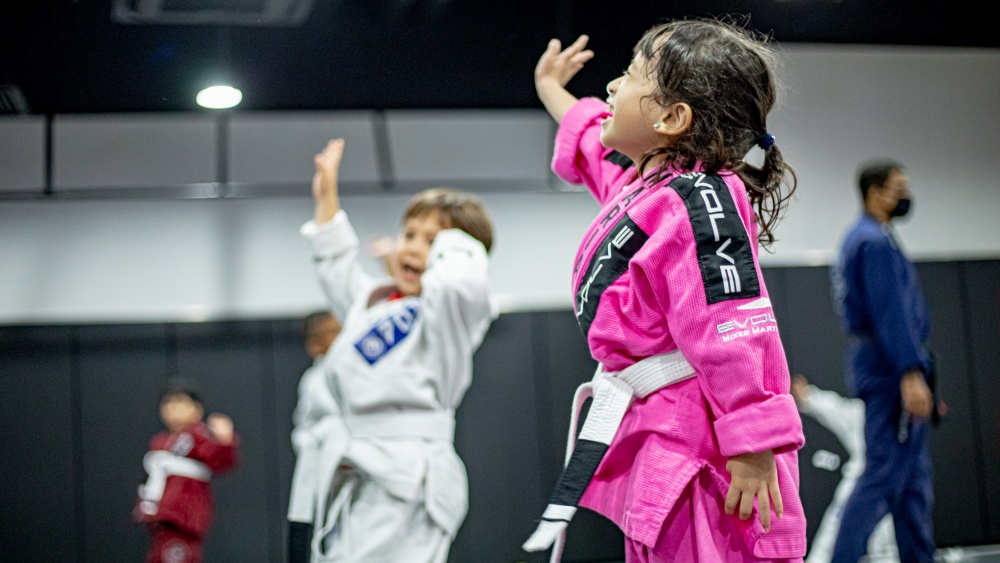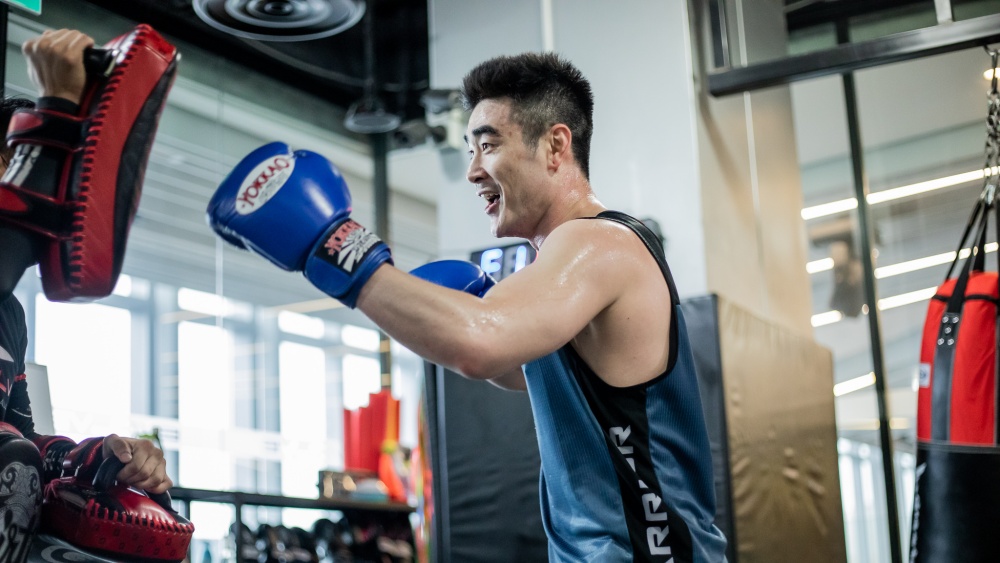Guest post by Evolve MMA, Asia’s premier championship brand for martial arts. It has the most number of World Champions on the planet. Named as the #1 ranked martial arts organization in Asia by CNN, Yahoo! Sports, FOX Sports, Evolve MMA is the top rated BJJ gym in Singapore.
There are no age limits when it comes to learning martial arts since there is no such thing as being too old to learn something new. Anyone can benefit from learning one of these disciplines regardless of age.
Your body might not be as flexible or strong as it once was as you age, but that doesn’t mean you’re too old to train. It’s simply a matter of having an intelligent approach to your training. Getting older means you might have to space out your training days more as you need more time to recover from each workout.
There is much more to martial arts than what you see in movies where the hero is always some young, attractive person who performs gravity-defying moves on the villain. You don’t need to have a six-pack or the ability to kick a guy in a helicopter like Tony Jaa did in “The Protector” to train martial arts. You just need a willingness to learn and have fun. The rest takes care of itself.
The Ideal Age To Learn Martial Arts
Many martial arts start training when they are young, but it is not a requirement. Sure, if you plan on competing as a martial artist, you probably want to start young since you have limited time to compete as an athlete. Many of the instructors you might run into at a dojo also likely started training in their early years.
You might not reach the rank of tenth-degree black belt if you start training in your later days, but that doesn’t mean you can’t enjoy the many physical and mental benefits that come with learning a martial art.
Many people start training martial arts in their later years for several reasons like improving their physique, weight loss, or cardiovascular health. Learning a martial art also provides you with loads of mental benefits like lower stress levels, discipline, perseverance, and improved cognition. It can help to slow down the effects of aging on your body and mind.
Benefits Of Learning Martial Arts At Any Age
Here are some of the physical benefits people who train martial arts get to enjoy regardless of their age:
- Improved Cardiovascular Health: Martial arts training works up a sweat and forces your heart to work harder. As a result, your heart does less work when you’re resting, reducing your risk of cardiovascular issues like heart attacks or strokes.
- Lower Blood Pressure: Martial arts classes provide you with regular exercise, strengthening your heart. The stronger your heart is, the less effort it takes to circulate blood around your body. As a result, there is less pressure on the walls of your arteries.
- Increased Mobility and Flexibility: Learning a martial art gets you off your couch and moving. As a result, your mobility (ability to move parts of your body without assistance) and your flexibility (your ability to bend without injury) are significantly improved.
- Increased Physical Strength: Martial art classes often give you a full body workout, leading to bigger, stronger muscles. As a result, everyday activities take less of a toll on you. It’s an effective way to manage the effects of aging.
- Weight Loss: Adding martial arts training to your routine makes losing or maintaining a healthy weight easier. Some martial arts like Brazilian Jiu-Jitsu, Wrestling, and Muay Thai burn up to 1000 calories per hour.
- Improved Fitness: Starting martial arts classes gets you in the best shape of your life, which typically translates into a higher quality of life. Your improved fitness might even lead to your starting other hobbies like running, swimming, or cycling.
The mental benefits you get from training martial arts are just as numerous. They include:
- Improved Attention Span And Focus: Learning a martial art requires you to focus on the present as you pay attention to your instructors explaining techniques or spar with your training partners. Some aspects of martial arts require you to meditate, which helps improve your focus. As a result, your attention span improves, and you’re better able to focus on tasks.
- Improved Memory: Learning complex techniques in the dojo works out your brain similarly to how physical exercise works out your muscles. Martial arts training requires you to remember fine details about each technique you learn, and it forces you to move in new ways. Constantly learning techniques and recalling their details helps to keep your brain sharp, improving your memory.
- Reduced Depression And Anxiety: Learning a martial art involves mindfulness, meditation, and deep breathing, which helps to get your mind off things that are bothering you. The physical exercise you get from training causes a release of endorphins that boost your mood, leading to reduced anxiety or depression.
- Increased Social And Fun Network: Martial arts classes are a group activity, so you get to interact with people from all walks of life. Some of these people might end up becoming your new best friends. They’ll serve as a support system that helps you to get through training and buddies you can go to social activities with outside the dojo.
Are Some Martial Arts Better For Older Students?
The answer to this question is tricky. There is no ideal martial art for older students, but some martial arts are better suited for younger people. For example, Judo involves getting thrown often during class, so it might not be the best martial art for older people, particularly those who already have issues with their bone health. That doesn’t mean you can’t do Judo if you’re older; you just have to train intelligently.
For example, you can take private classes at a dojo, meaning you train one-on-one with the instructor. That way, training has less impact on your body since high-level Judo players know how to reduce the impact of their throws.
The post Can People Of All Ages Train In Martial Arts? appeared first on Bjj Eastern Europe.


